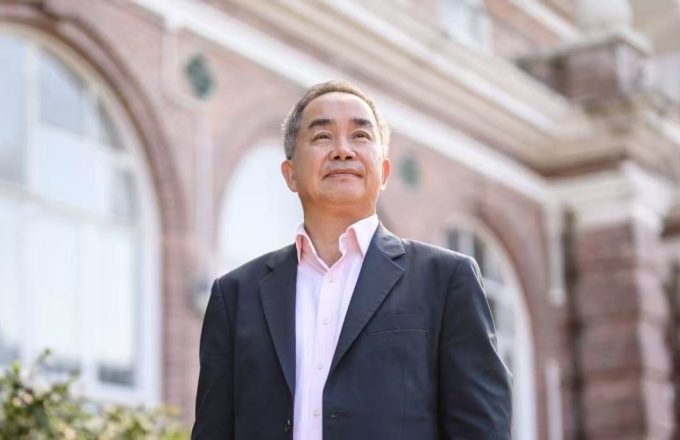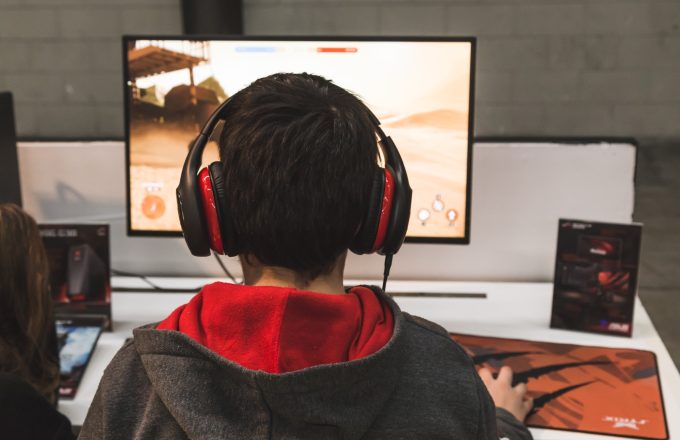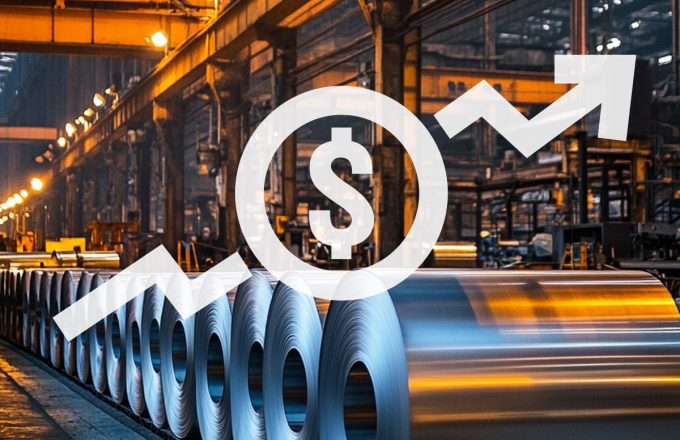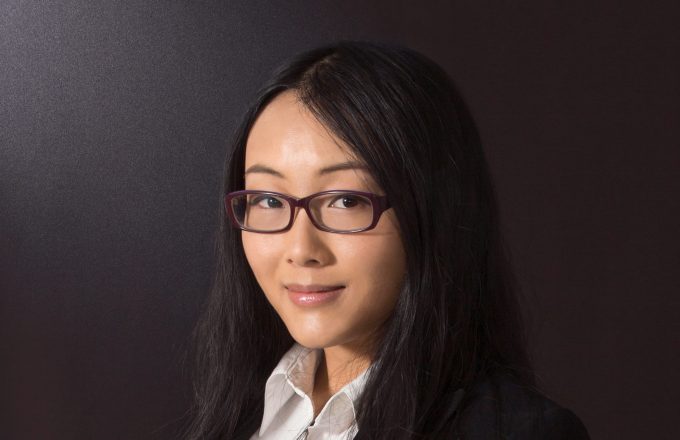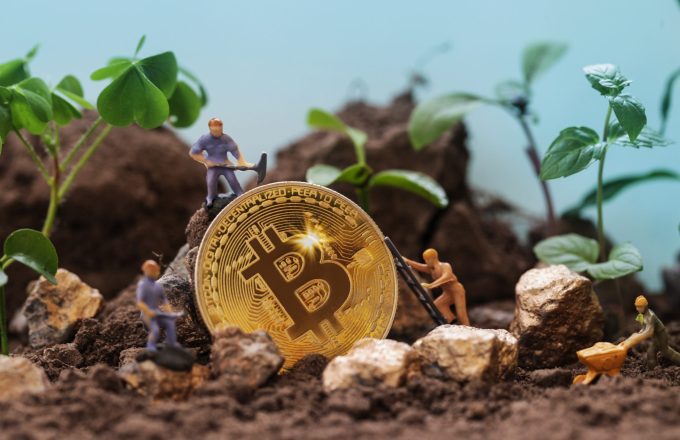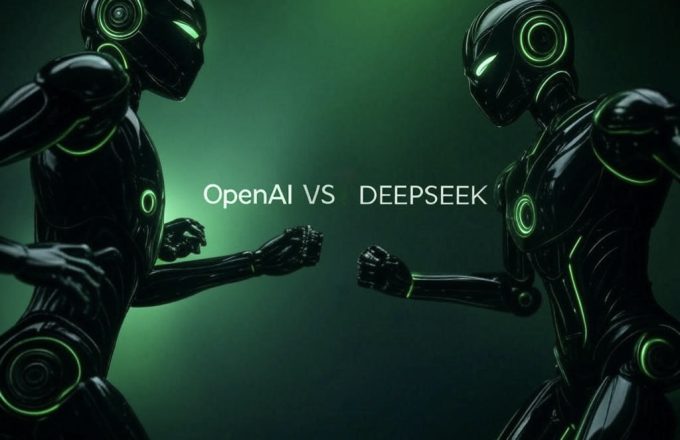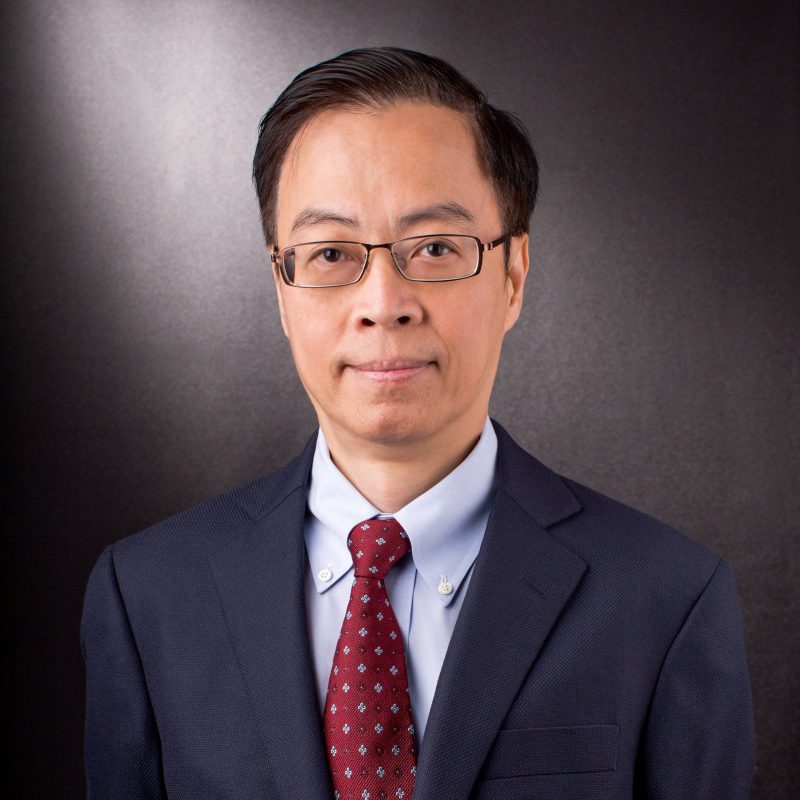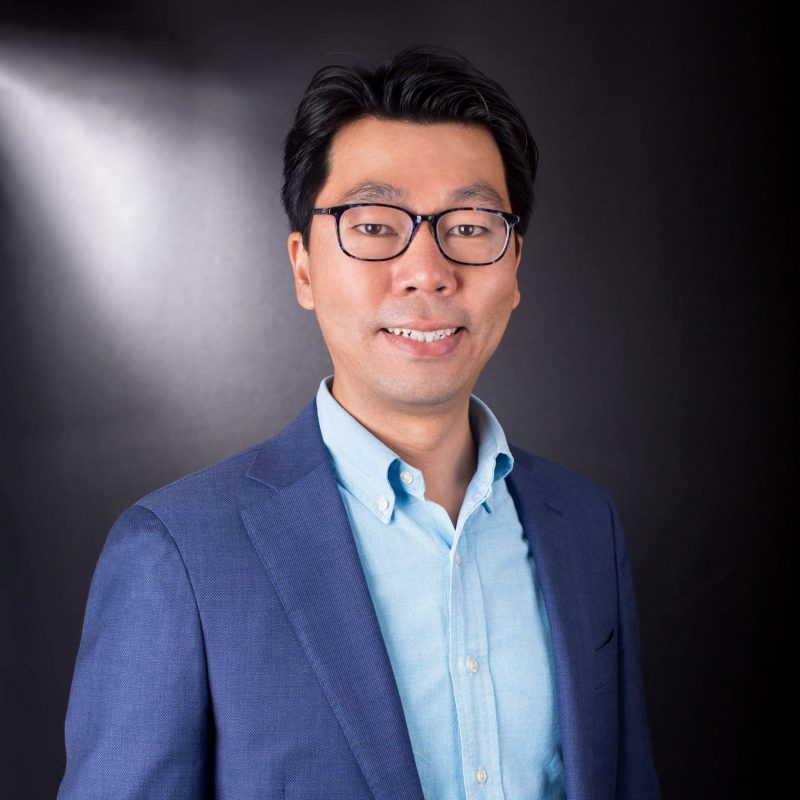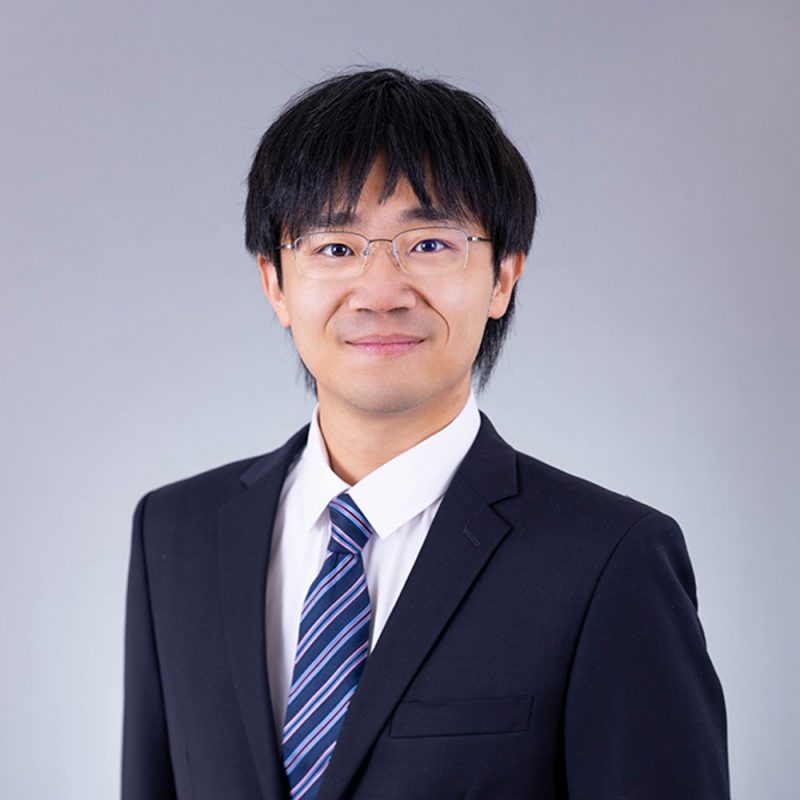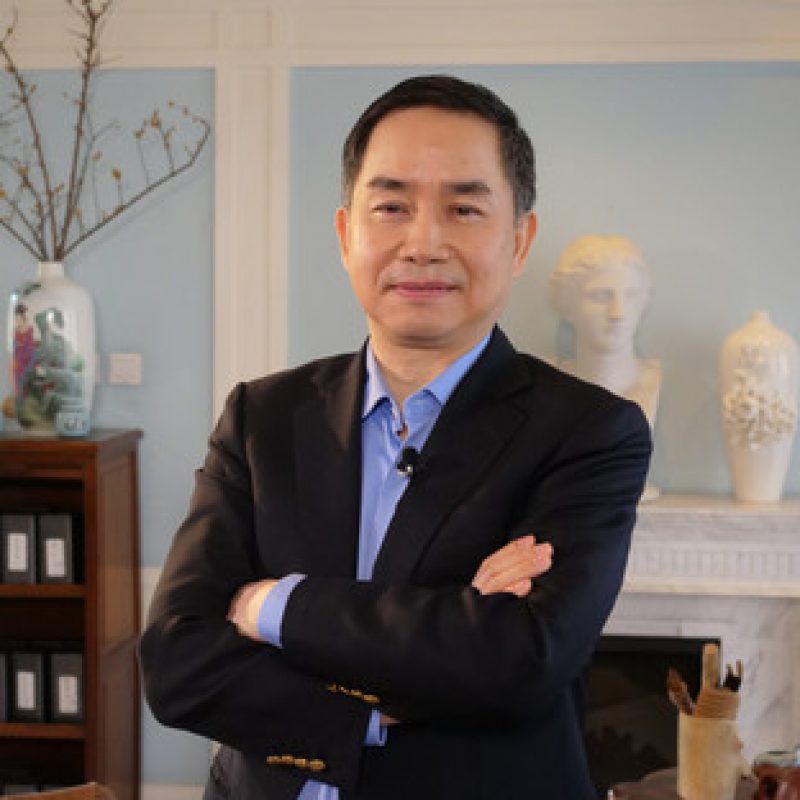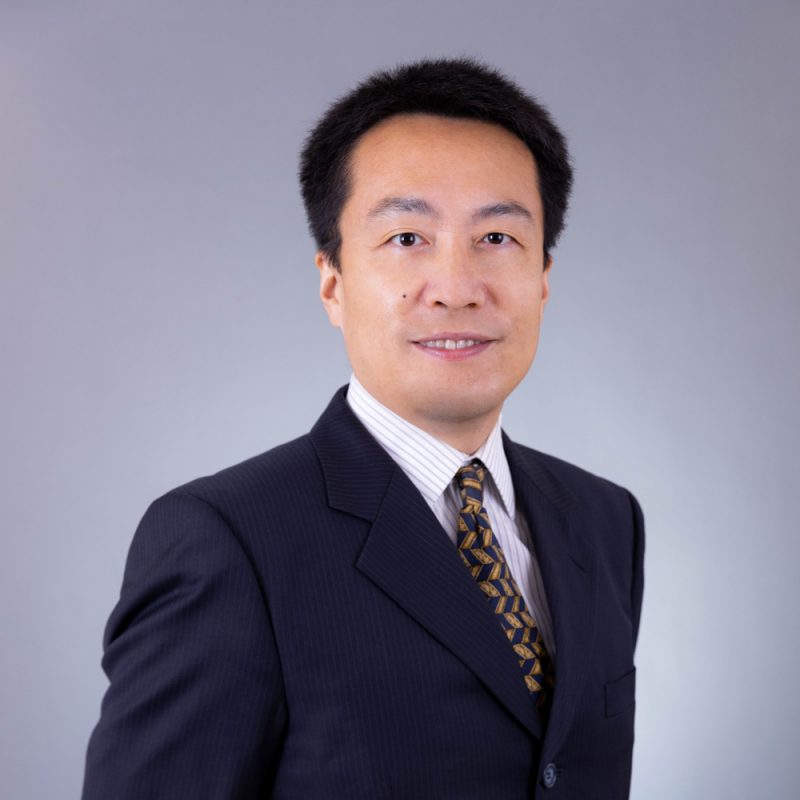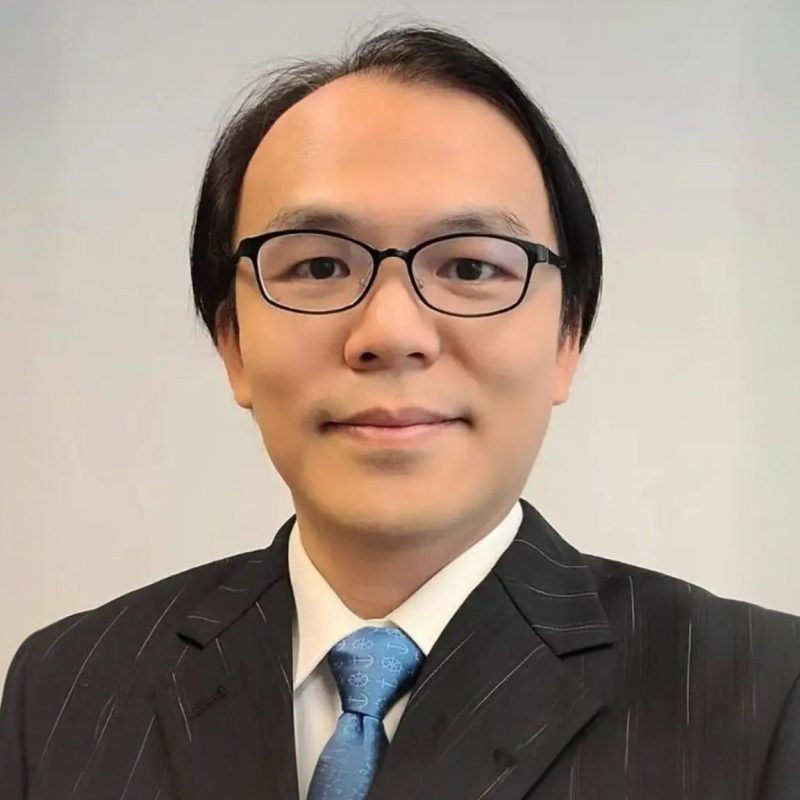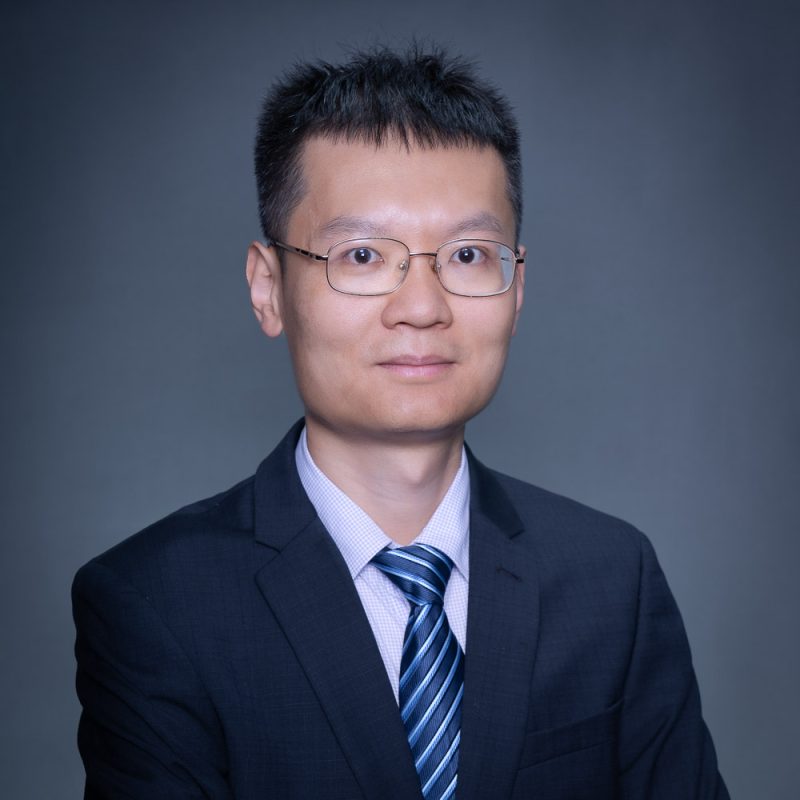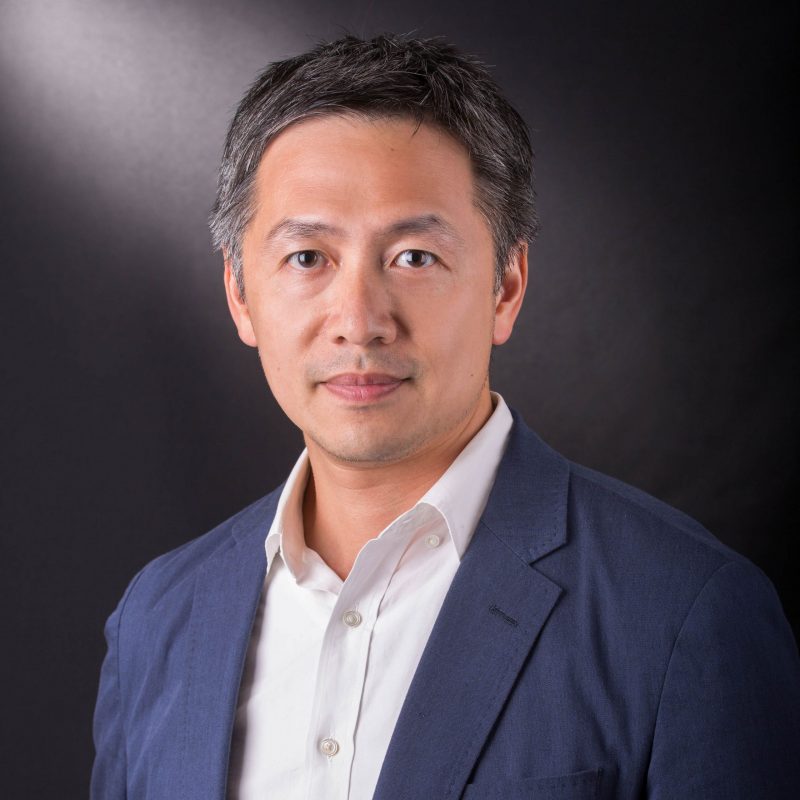On “Liberation Day”, US President Donald Trump announced a sweeping plan to impose reciprocal tariffs—taxes that exceeded market expectations and triggered immediate shocks across financial markets. According to Yale’s Budget Lab, these tariffs could raise short-term inflation in the US by 2.3%, reduce household spending by an average of US$3,800, and lower the country’s 2025 GDP growth rate by 0.9%. Dr Y.F. Luk, Honorary Associate Professor at HKU Business School, noted that for the Trump administration, tariffs served both as a policy tool and a political signal. While they could generate government revenue, they were unlikely to replace major taxes. Tariffs might drive limited reindustrialisation, but reviving America’s manufacturing golden age remained uncertain. He also commented that Industrial development takes time, and it’s unclear how long the US economy can withstand sustained high tariffs.
9 Apr 2025
Faculty
US President Donald Trump’s latest tariff hikes have intensified global trade tensions, reflecting the US President’s economic pressure tactics and long-term strategic goals. Professor Zhiwu Chen, Chair Professor of Finance at HKU Business School explained that “Trump sees tariffs as both a strategic tool for domestic restructuring and a bargaining chip in international negotiations.” He further commented that Trump’s approach was not only about restoring America’s past revenue position but also about reshaping the power dynamics shaping global trade. Prof. Chen believes China should stay committed to openness and a rules-based global order. He said, “China should continue to safeguard the authority of international institutions like the UN and WTO, maintain friendly economic ties, and strengthen its domestic resilience.” Looking ahead, Prof. Chen expected global trade to shift towards regional alliances, with increasing fragmentation in global governance.
8 Apr 2025
Faculty
US President Donald Trump’s latest tariff hikes have intensified global trade tensions, reflecting the US President’s economic pressure tactics and long-term strategic goals. Professor Zhiwu Chen, Chair Professor of Finance at HKU Business School explained that “Trump sees tariffs as both a strategic tool for domestic restructuring and a bargaining chip in international negotiations.” He further commented that Trump’s approach was not only about restoring America’s past revenue position but also about reshaping the power dynamics shaping global trade. Prof. Chen believes China should stay committed to openness and a rules-based global order. He said, “China should continue to safeguard the authority of international institutions like the UN and WTO, maintain friendly economic ties, and strengthen its domestic resilience.” Looking ahead, Prof. Chen expected global trade to shift towards regional alliances, with increasing fragmentation in global governance.
3 Apr 2025
Faculty
As millions worldwide are addicted to video games, governments and organizations are actively taking measures to curb this trend. Our research suggests that dynamic pricing can help solve the problem of gaming addiction.
3 Apr 2024
After President Donald Trump began his second term, he swiftly escalated the trade war by imposing a 25% import tariff on steel and aluminium products, along with ‘reciprocal tariffs.’ Dr. Jing Li, Deputy Program Director of International Business and Global Management at HKU Business School, said although Trump aimed to attract manufacturing back to the United States, history—such as the 1930 Smoot-Hawley Tariff Act—showed excessive protectionism often backfired, raising import prices, straining supply chains, and increasing uncertainty for businesses and consumers.
2 Apr 2025
Faculty
Immigration figures suggest Super March could be driving a rise in overseas visitors. Between March 1 and Wednesday, 886,356 overseas visitors entered the city, a 13 per cent increase over the 784,676 in the same period last year. However, University of Hong Kong economics lecturer Vera Yuen Wing-han expressed doubts that the Sevens and Art Basel would create the desired multiplier effect on the economy, noting that many of the events had run for years.
27 Mar 2025
Faculty
Could cryptocurrency mining have become a driving force for carbon reduction in China? As the global cryptocurrency market rapidly expanded, mining evolved into a billion-dollar industry. However, its high energy consumption attracted criticism and was a key reason for the Chinese government’s ban on mining in 2021. Despite this, Prof. Guojun He highlighted that appropriate electricity pricing policies could have enabled mining activities to promote renewable energy development and reduce carbon emissions.
26 Mar 2025
Faculty
AI image generation is rapidly evolving, driving innovation in marketing, advertising design, and art creation. HKU Business School’s Professor of Innovation and Information Management, Prof. Zhenhui Jack Jiang, along with his research team, recently assessed 22 AI models. They reviewed the performance and potential risks of AI models in image generation.
20 Mar 2025
Since its launch of ChatGPT in 2022, OpenAI, the US-based company, has maintained dominant leadership in the generative artificial intelligence (Generative AI) market. The field of AI innovation has long become a fiercely contested battleground, with the United States restricting China's development in this area by banning exports of high-end chips and blocking Chinese users from accessing ChatGPT—prompting Hong Kong users to rely on Virtual Private Networks (VPNs) for access. In 2024, however, a Chinese startup introduced the DeepSeek generative AI model, dramatically shifting the landscape and directly challenging ChatGPT's throne as the industry leader.
19 Mar 2025
Faculty







